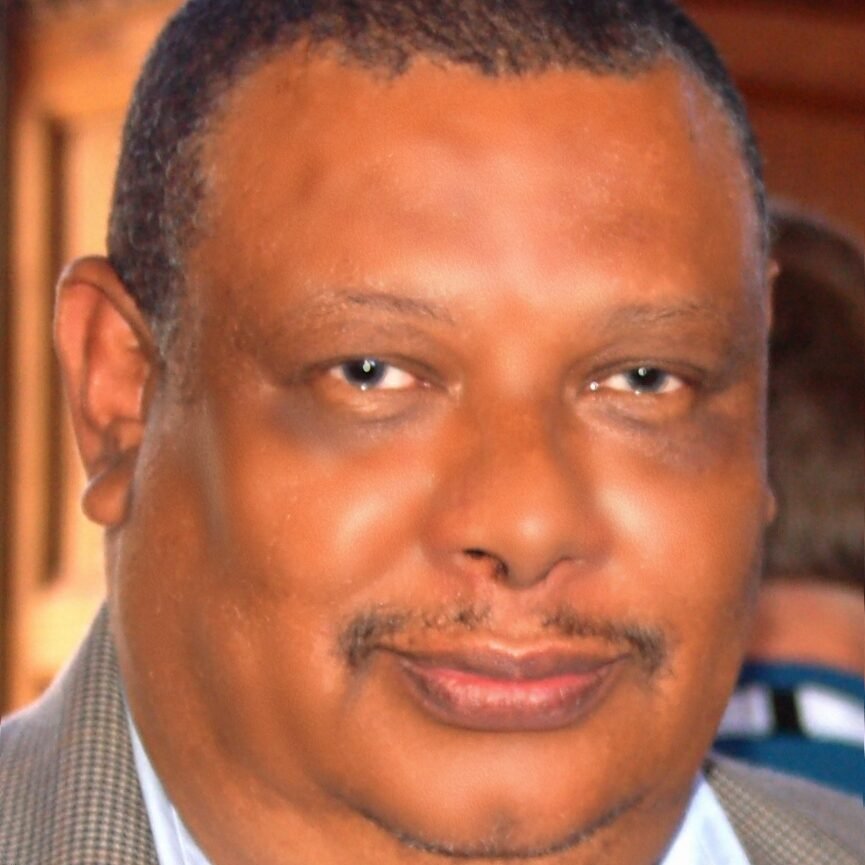Environmental Scientist, Professor Chris Gordon, has urged the government to adopt nature-based restoration methods rather than chemical interventions in efforts to clean Ghana’s polluted rivers affected by illegal mining activities.
His caution follows the Environmental Protection Agency’s (EPA) recent request for $200,000 in funding to pilot a copper-based “nano liquid” technology aimed at decontaminating rivers impacted by galamsey.
The Executive Director of the EPA, Professor Nana Ama Browne Klutse, said the pilot initiative seeks to test the effectiveness of the nano liquid under real-world conditions and attract both investment and political support for nationwide implementation.
However, Professor Gordon believes Ghana’s path to recovery must focus on prevention and ecological balance rather than chemical experimentation. He likened the EPA’s proposed approach to treating the symptoms rather than curing the disease.
“Fundamentally, I think the approach we should be using is tackling it at the source. It’s like in the health sector – preventive care is better and cheaper than intensive care. So, let’s try to stop the source, which is poverty and greed in the country”
Professor Chris Gordon, Environmental Scientist

He noted that introducing more chemical substances into already polluted water systems could lead to unintended environmental damage.
“Alum in itself is not something we should be writing home about,” Professor Gordon said, stressing that the use of alum and similar chemical substances in the cleanup may produce temporary improvements in water clarity but cannot address the underlying contamination caused by illegal mining.
Let Rivers Heal Naturally
The environmental scientist further explained that rivers and streams possess natural self-purification abilities that allow them to recover from contamination if left undisturbed and blamed “continuous environmental degradation,” for the persisting pollution.
“I will suggest a nature-based solution to solve the problem rather than adding more chemicals, which we do not even produce locally,” Professor Gordon said, urging the government to prioritise measures that prevent pollution at its source rather than chase costly technological fixes.
He said the emphasis should be on halting galamsey operations and rehabilitating destroyed landscapes to restore the natural water cycle. Professor Gordon added that the nation’s fixation on potable water alone limits understanding of the broader ecological and economic functions of rivers.

“We often talk about drinking water, but our rivers also support entire ecosystems that provide vital environmental and economic benefits. We must protect them holistically”
Professor Chris Gordon, Environmental Scientist
Professor Gordon stressed that reforestation, vegetation restoration along riverbanks, and improved watershed protection could yield more lasting outcomes than chemical-based methods as such measures would also support biodiversity, reduce siltation, and strengthen climate resilience.
He further cautioned that policy interventions should be based on sound scientific assessments that consider the cumulative environmental impact of chemical usage. According to him, quick fixes often create new ecological problems that take decades to correct.
The EPA’s proposed nano liquid pilot project has drawn mixed public reactions, with some environmental experts questioning its long-term safety and sustainability. Professor Gordon’s comments have therefore reignited debate on the best strategies for river restoration in Ghana’s post-galamsey recovery plan.

With the Mahama administration placing renewed emphasis on environmental protection as part of its national “reset” agenda, experts like Professor Gordon believe that nature-based solutions could offer a more credible and sustainable path toward restoring Ghana’s water bodies.
READ ALSO: Trump Confirms Diddy Asked Him for a Pardon



















